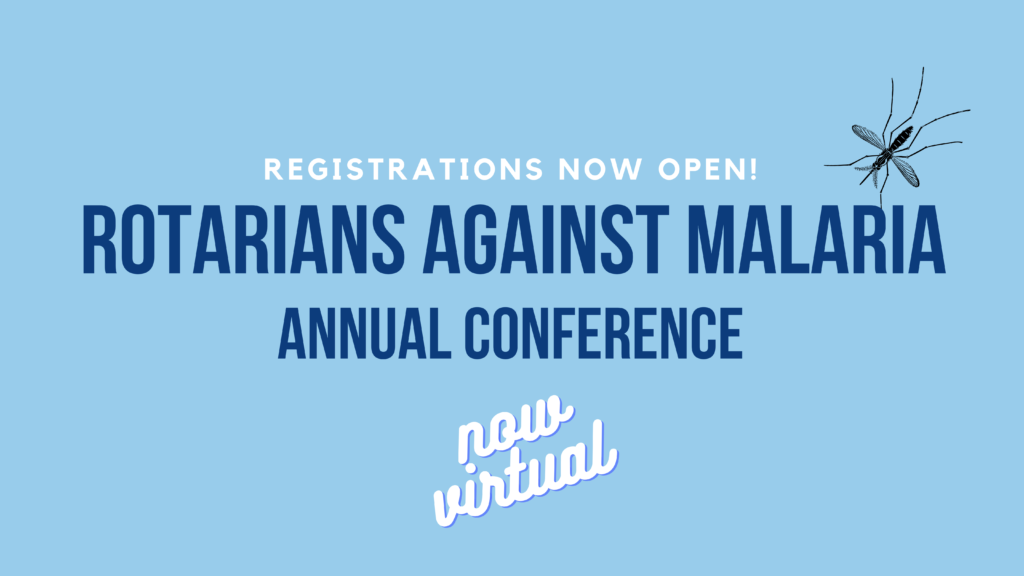
Our 2021 RAM Conference, due to be held in Canberra, ACT this year, has been changed into a virtual conference to be held via Zoom. It will now be held from 10am-12pm on 13 November and 10am-12.30pm on 14 November. Registration is $50.
Please register and complete payment for your attendance by following these two steps:
- Register your details via the online form and
- Scroll down to proceed to payment via RAWCS Project No: 60-2015-16 Conference Fees for Annual RAM Conference
A Zoom link will be sent out closer to the Conference.
REGISTRATION FORM
After you click “Send registration”, click here to pay now (will open in a new tab), to make the payment to Project No: 60-2015-16 Conference Fees for Annual RAM Conference.
For enquiries regarding registration, please contact Andrea Grosvenor amgrosvenor@iinet.net.au or Gloria Hargreaves egharg@netspace.net.au.
We look forward to seeing you at our Conference!
SPEAKER BIOS
You can download the program here.
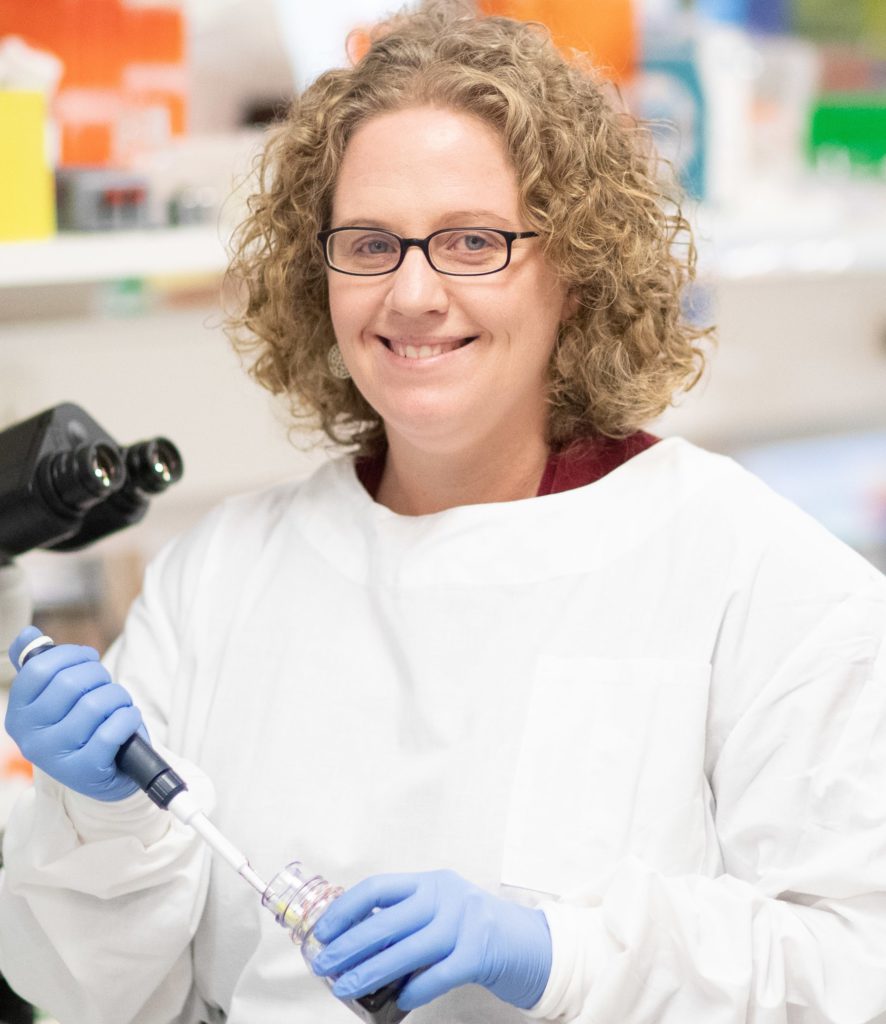
Dr Danielle Stanisic completed a Bachelor of Science (with First Class Honours) at the University of QLD and undertook her PhD focussing on malaria research at the Queensland Institute of Medical Research with Professor Michael Good. She won the QLD Premier’s Award for her PhD work and was also awarded a Centenary Medal for Distinguished Service to Medical Research. She won the 2018 Glycomics Research Excellence Award for Excellence in a Mid-Career Researcher and the 2021 Glycomics Research Excellence Award for Research Engagement. She has worked on malaria-focused projects in New York, Papua New Guinea and Melbourne. She is currently an Associate Research Leader and co-leads the Malaria Vaccine Program at the Institute for Glycomics, Griffith University, Gold Coast Campus, QLD with Professor Michael Good. Her research is focused on the pre-clinical and clinical evaluation of whole parasite vaccines, including the chemically attenuated malaria vaccine that is currently in human trials. She is a member of the Rotary Club of Griffith Gold Coast, co-Chair of the National Youth Science Forum (NYSF) for Rotary District 9640 (21/22) and an NYSF alumnus.
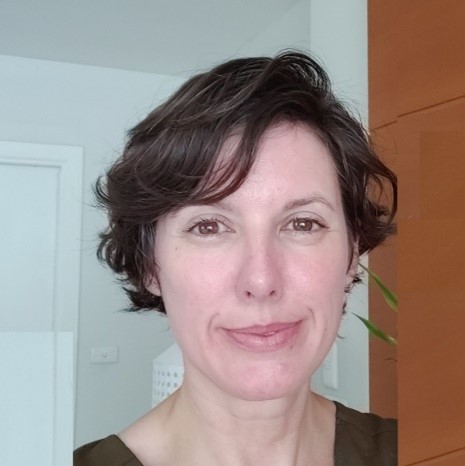
Dr Caroline Lynch (Carrie) is the Medicines for Malaria Venture (MMV) regional advisor covering the Greater Mekong Subregion, Indonesia and Papua New Guinea. She is a parasitologist and epidemiologist with nearly 20 years’ experience leading, designing, delivering, evaluating and influencing malaria control, maternal health and family planning programmes across 30 countries. Carrie holds a PhD in Malaria Epidemiology with a focus on migration and malaria in Uganda from LSHTM and an MSc in Applied Parasitology and Medical Entomology from the Liverpool School of Tropical Medicine.
Before her current position with MMV, Carrie was Principal Investigator (PI) at the London School of Hygiene and Tropical Medicine for the LINK project. Carrie has also worked as a consultant providing high-level technical advice for several organisations including; UNICEF, AusAID (DfAT), DFID, UNDP, WHO, Roll Back Malaria, and the Malaria Consortium in sub-Saharan Africa and the Asia-Pacific region. Carrie is a member of the WHO Tropical Disease Research Scientific and Technical Advisory Committee and is on advisory board for the Australian Centre of Research Excellence in Malaria Elimination (ACREME).
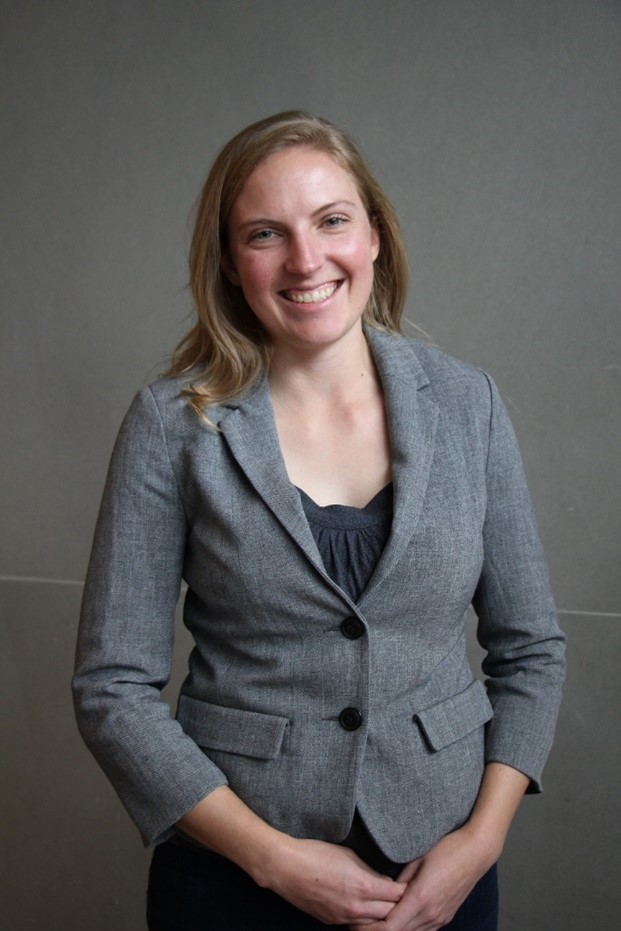
Camilla Burkot is Technical Adviser to the Ambassador for Regional Health Security and Principal Health Specialist at the Indo-Pacific Centre for Health Security in the Australian Department of Foreign Affairs and Trade. Camilla has 10 years of experience in policy, research and program implementation in global health and international development. Prior to joining the Centre for Health Security in 2019, she was based in Western Province, Papua New Guinea supporting health information systems and operational research on drug-resistant tuberculosis with the Burnet Institute. She has published research on the delivery of community-based malaria programs in PNG, and on aid effectiveness and malaria in Solomon Islands. Camilla holds a Master of Public Health from Columbia University and a BA (Hons) from the University of Cambridge.
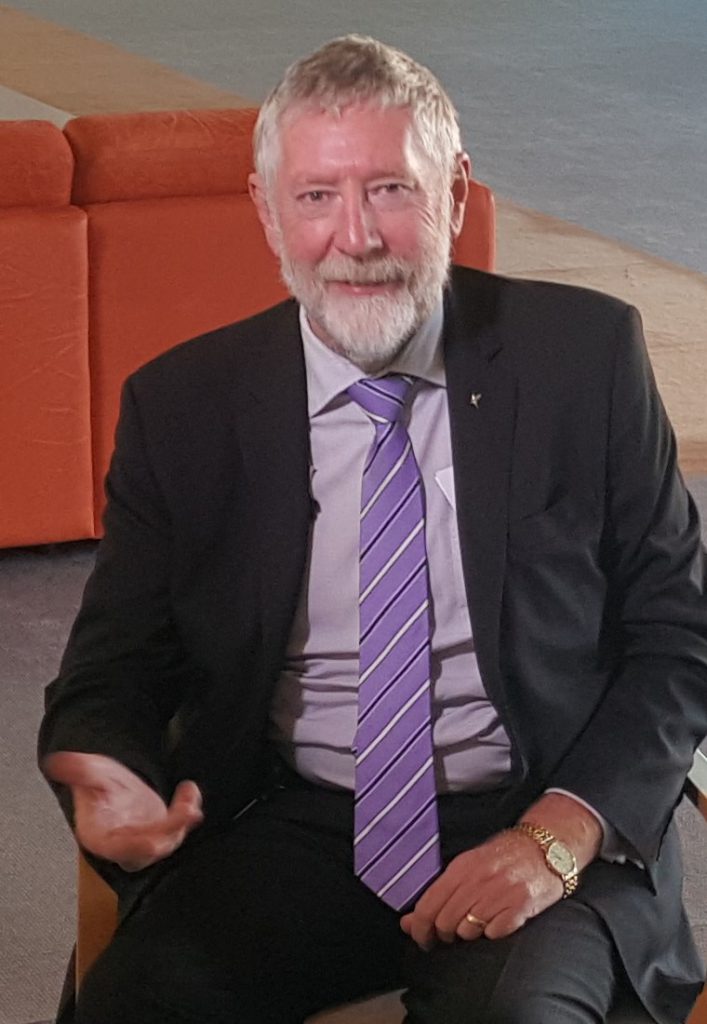
Dr Michael Moore AM PhD is the former CEO of the Public Health Association of Australia and is a Past President of the World Federation of Public Health Associations. He is Rotary International District 9705 Governor for 2020-21. He is the chair of a number of health networks. Michael is a Distinguished Fellow at The George Institute for Global Health, an Adjunct Professor at the University of Canberra and Visiting Professor at the University of Technology Sydney, was formerly a teacher and consultant and served four terms as an elected member of the ACT Legislative Assembly from 1989 to 2001. Michael was Australia’s first independent Minister when he was appointed as Minister of Health and Community Care. In 2017 he was honoured by being made a Member of the Order of Australia (AM).
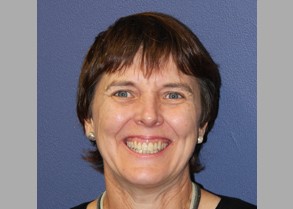
Maxine A. Whittaker is currently at the College of Public Health, Medical and Veterinary Sciences at James Cook University, Australia. She is also Co-Director of the WHO Collaborating Centre for Vector Borne and Neglected Tropical Diseases. She was previously (2008–2016) the program director of the Australian Initiative on Control and Elimination of Malaria/Pacific Malaria Initiative Support Centre and co-Secretariat of the Asia Pacific Malaria Elimination Network.
Trained as a public health physician and medical anthropologist specializing in global health systems, policies, and programs, Professor Whittaker has worked and lived in several African, Asian, and Pacific countries and her research interests are in fields of operational and health services research and medical anthropology, with a primary focus on infectious diseases including malaria, sexual and reproductive health, health-seeking behavior, and quality of care.

Dr Tessa Knox is the WHO Advisor to the Vanuatu Ministry of Health on malaria and other vector-borne diseases. She moved to Vanuatu in November 2018 after spending 5 years working with the Global Malaria Programme at WHO Headquarters in Geneva. Prior to that, she worked in Nairobi, Kenya for 6 years in the private sector, where she contributed to the development and testing of novel vector control tools against malaria, dengue and other vector-borne diseases mainly throughout Africa, Asia, the Middle East and the Americas. Dr Knox has a PhD in Tropical Public Health from the University of Queensland in Brisbane, Australia based on her thesis on dengue vector surveillance in Viet Nam, and conducted postdoctoral studies at the University of California in Davis, USA.
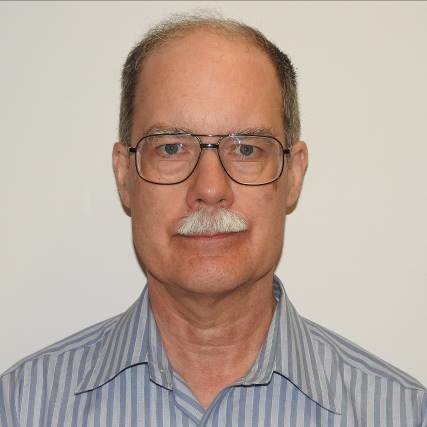
Professor G. Dennis Shanks MD, MPH has been the Director of the Australian Defence Force Malaria and Infectious Disease Institute (ADF MIDI) in Brisbane for the last 15 years and is an adjunct professor at the University of Queensland, School of Public Health as well as James Cook University. He directs militarily relevant medical research on infectious diseases capable of stopping tropical operations such as malaria, dengue and influenza. For the previous 20 years Professor (then Colonel) Shanks had been a US Army medical officer who spent the majority of his military career conducting field trials of new antimalarial drugs in the tropics. His assignments included service at the Walter Reed Army Medical Center, the overseas laboratories of the Walter Reed Army Institute of Research at the Armed Forces Research Institute Medical Sciences in Thailand and the US Army Medical Research Unit in Kenya, as well as the Australian Army Malaria Research Unit in Ingleburn, Australia (a fore-runner of ADF MIDI). Concerned mostly with malaria prevention studies, Prof Shanks has conducted field studies in various rural populations including gold miners in New Guinea, Thai border militia on the Cambodia border, displaced persons in camps along the Thai-Burmese border, tea estate workers of the Kenyan Rift Valley and Kenyan villagers near Lake Victoria. He performed one of the pivotal efficacy trials for atovaquone proguanil which lead to its licensure as a chemo-prophylactic combination and has tested most antimalarial drugs in use today. Prof Shanks did the first field trial of tafenoquine, a new antimalarial drug which has just been registered in Australia and the USA for the prevention and treatment of malaria. Most recently he has been using historical data to determine the causes of malaria relapses and mortality during the 1918 influenza pandemic. He has published over 200 research papers on malaria and other infectious diseases. Prof Shanks serves as the medical monitor for several antimalarial clinical trials and is on several advisory committees. His awards include the US Army Legion of Merit and the Donald MacKay Medal from the American Society of Tropical Medicine and Hygiene.

Jeffery Smith, trained as a chemist, has over 30 years of experience working in public health and communicable diseases in the US and across Asia and the Pacific. His work has spanned the gamut from basic medical research to health policy advocacy, and everything between.
Jeff is currently serving as an independent health policy advisor with a focus on Southeast Asia and as Co-Chair of the XSPI-RAM Timor-Leste and NTT Province Malaria Elimination Task Force. Jeff has served in various leadership roles in Asia over the past two decades including Chief Operating Officer (COO) for the Asia Pacific Leaders Malaria Alliance (APLMA), Asia Regional Director of the Worldwide Antimalarial Drug Resistance Network (WWARN) at Oxford University, and Director of Research at TREAT Asia, a programme of the Foundation for AIDS Research (amfAR).
WANT TO CONTRIBUTE MORE?
Donate to RAM and set up a recurring donation today.
